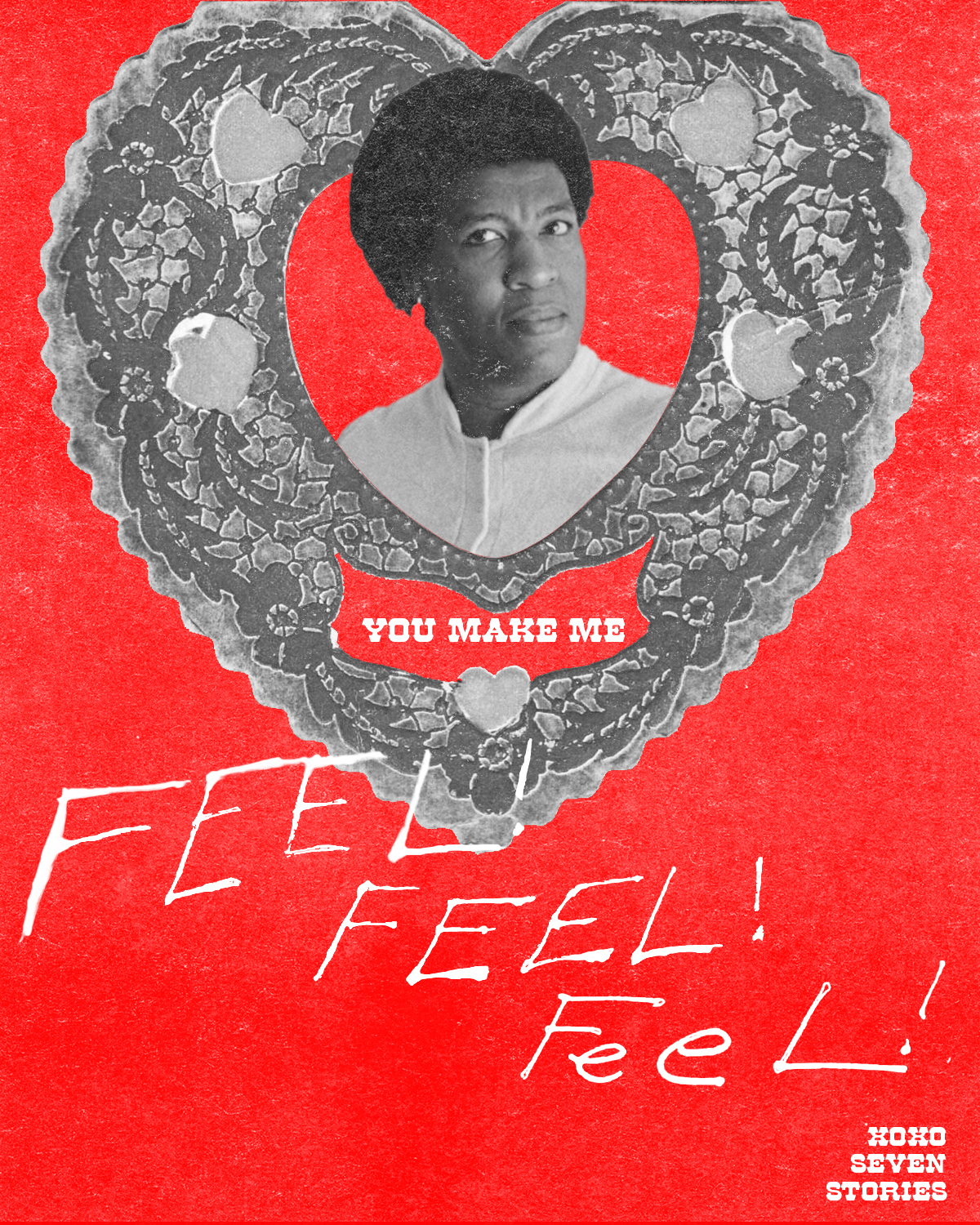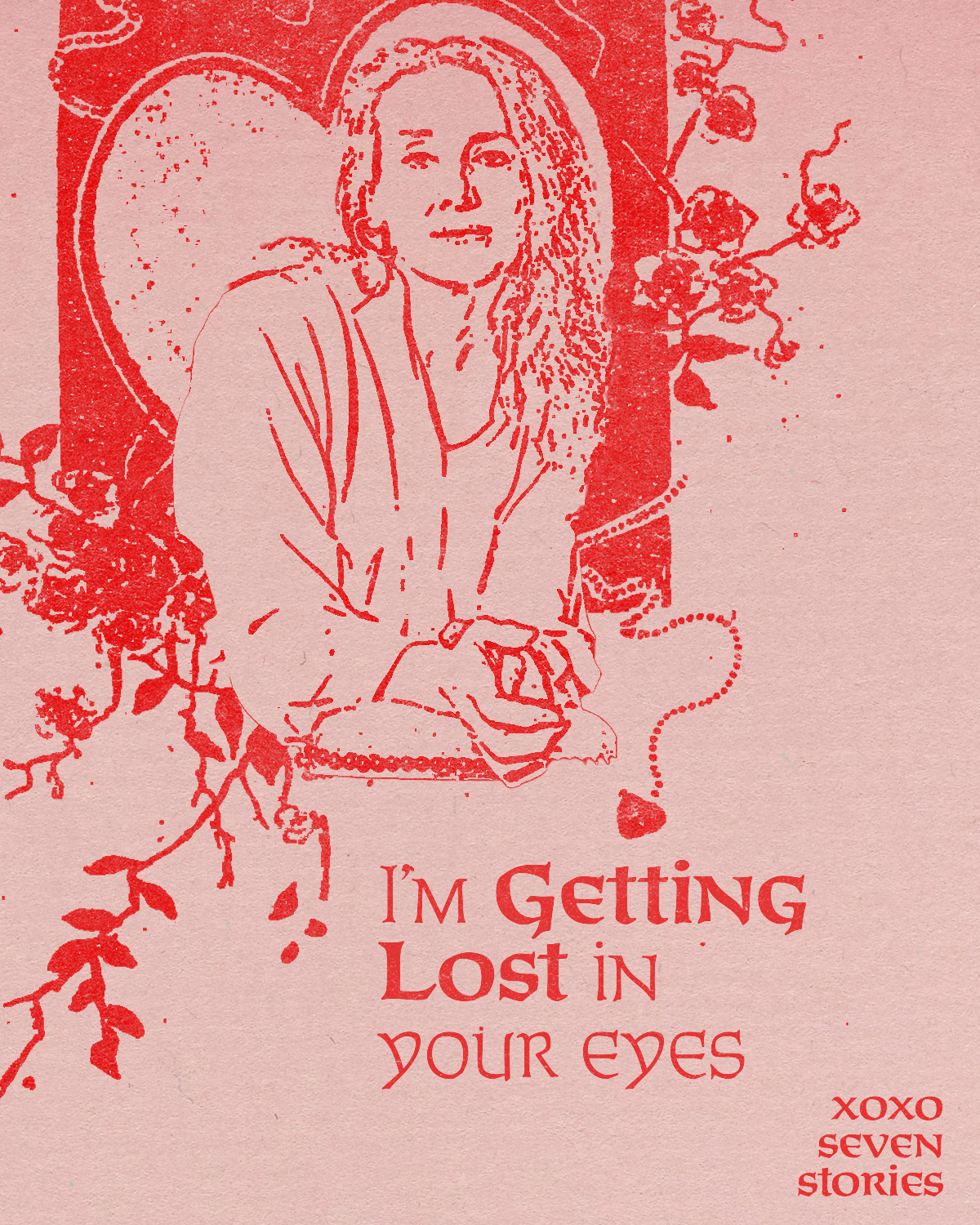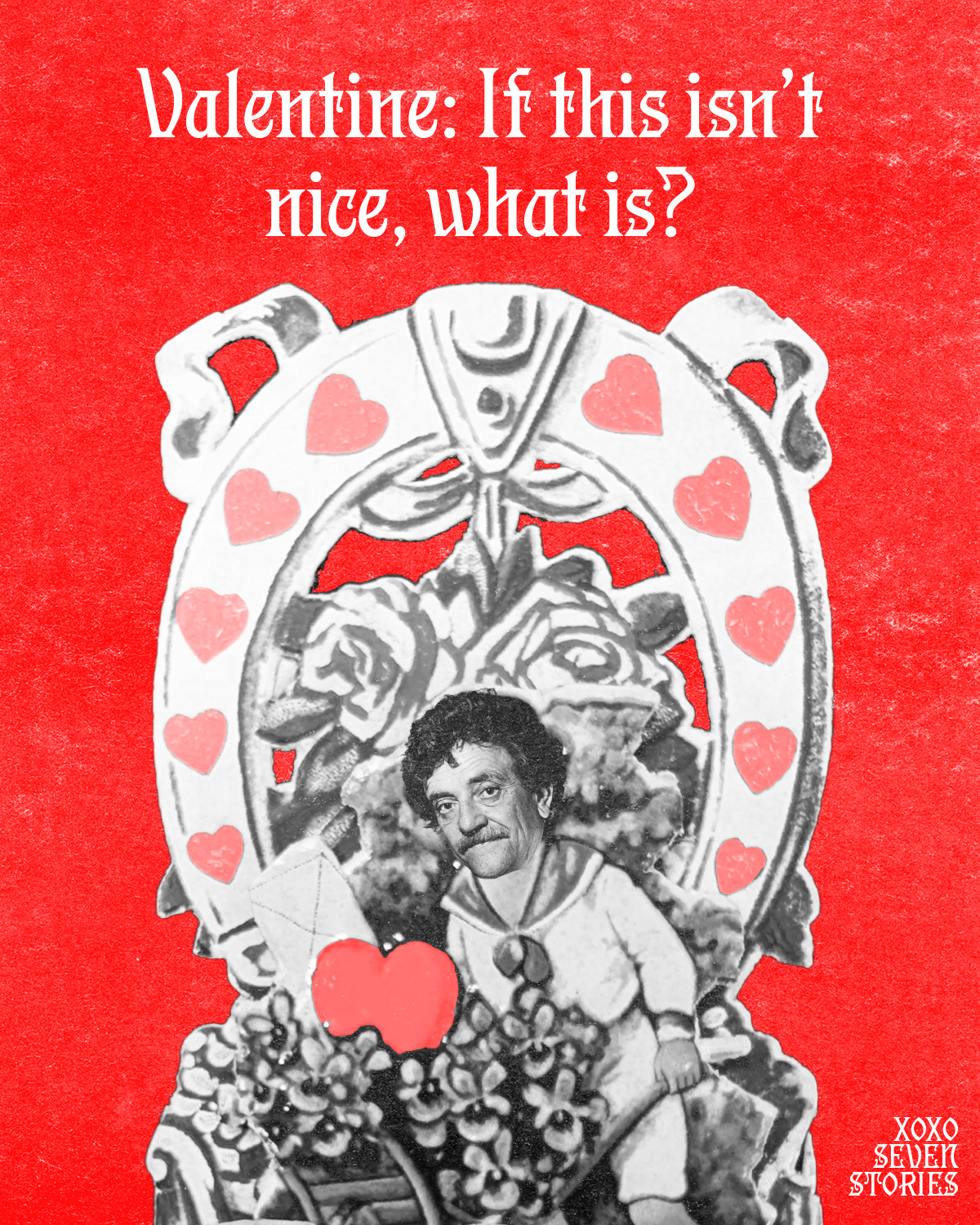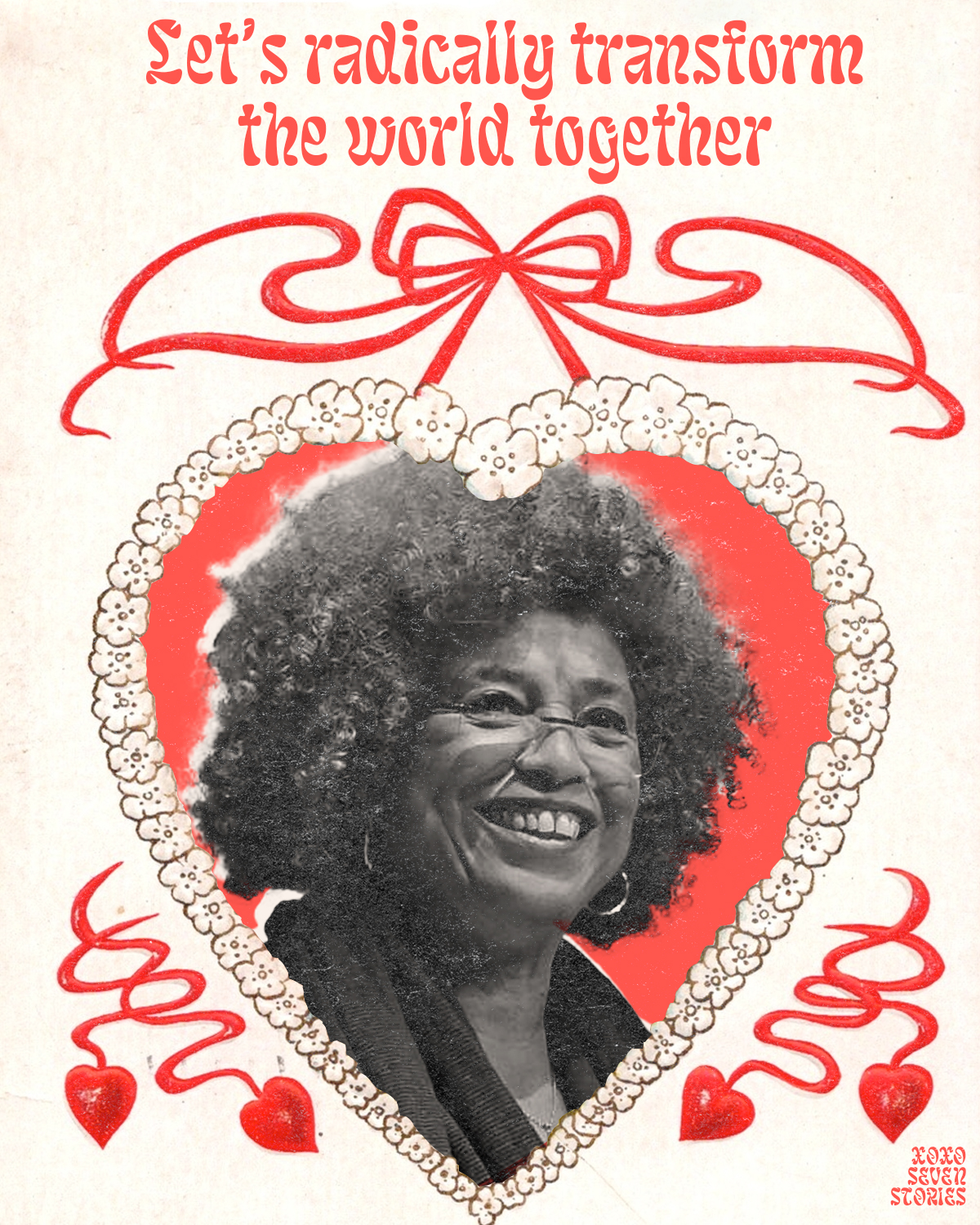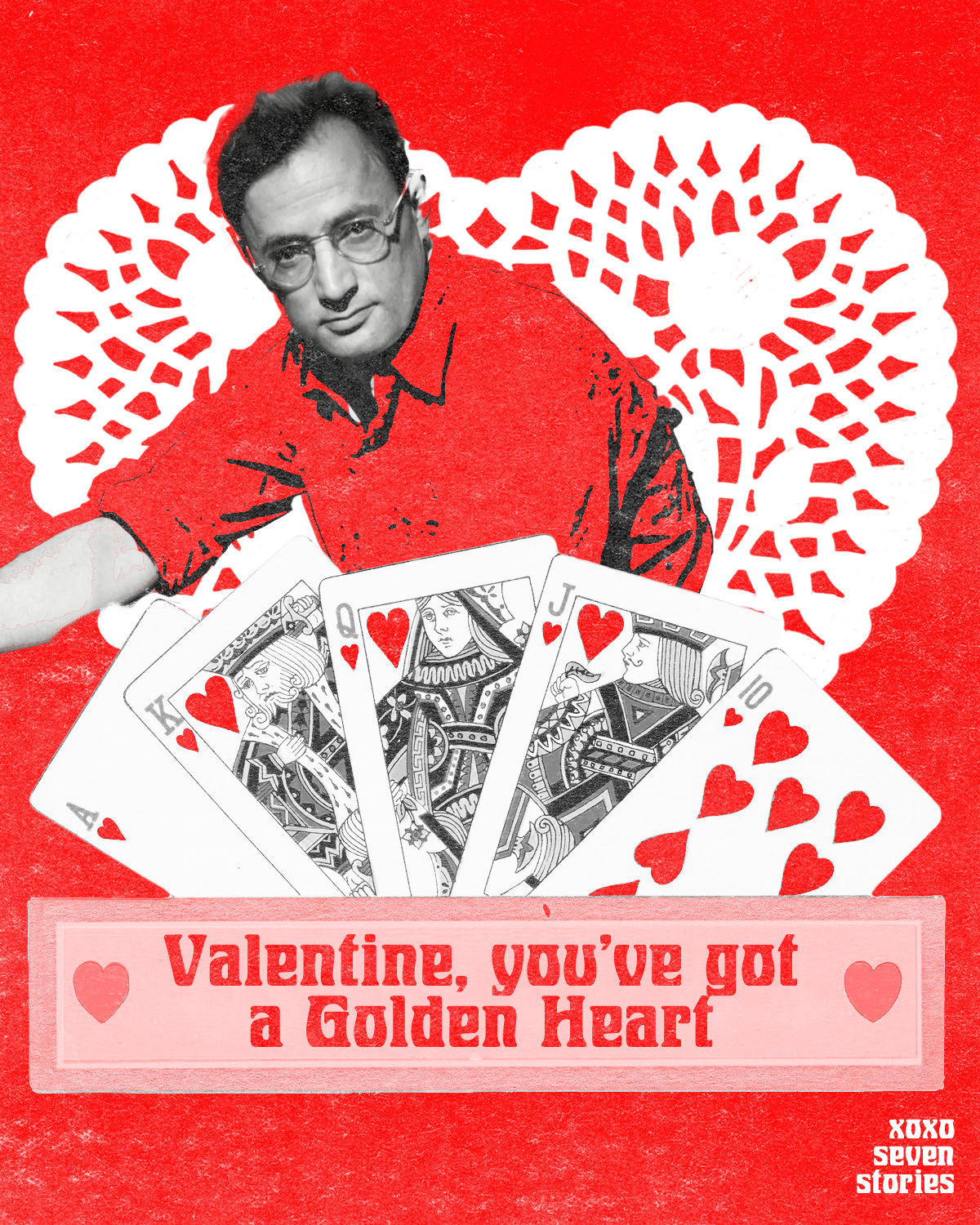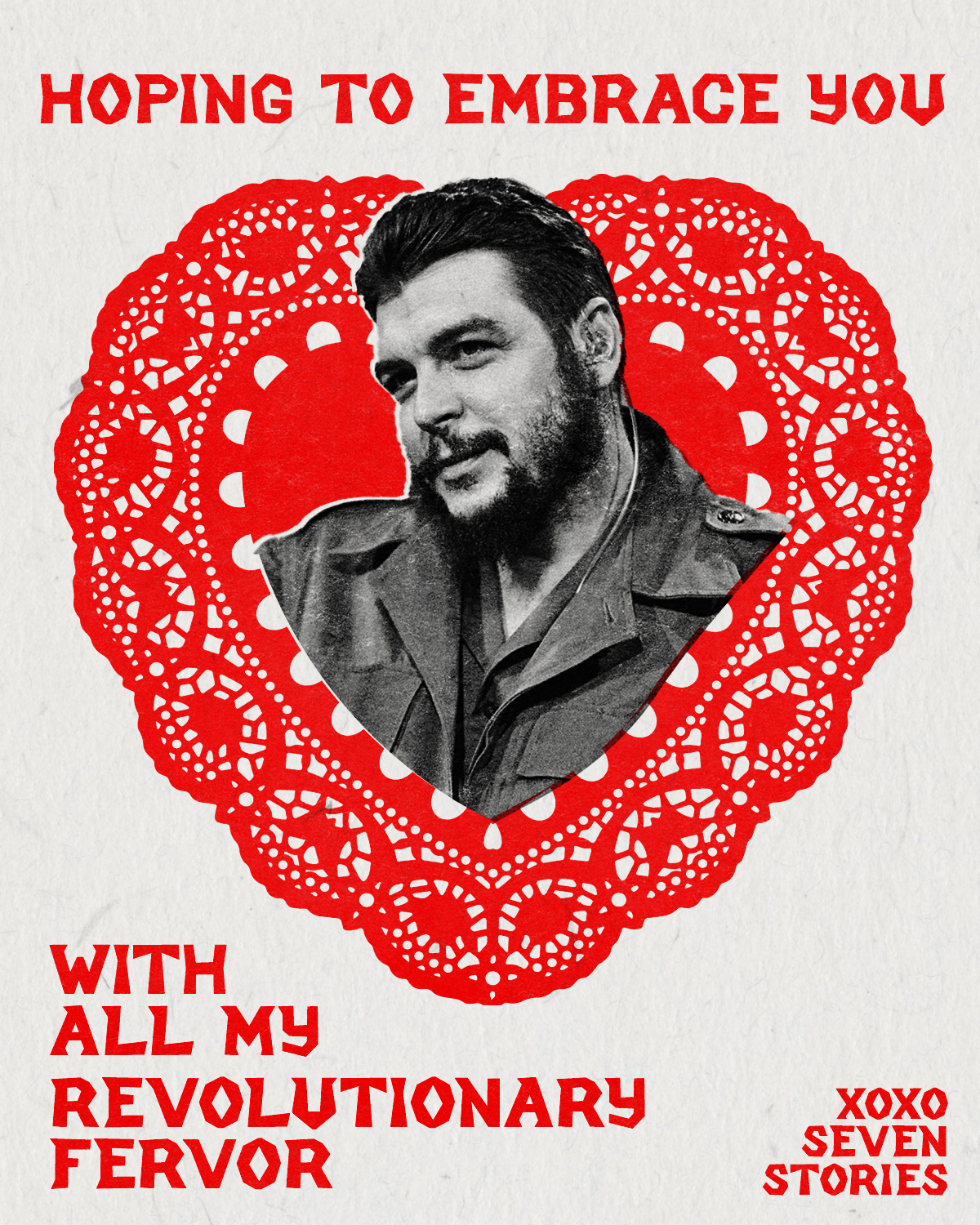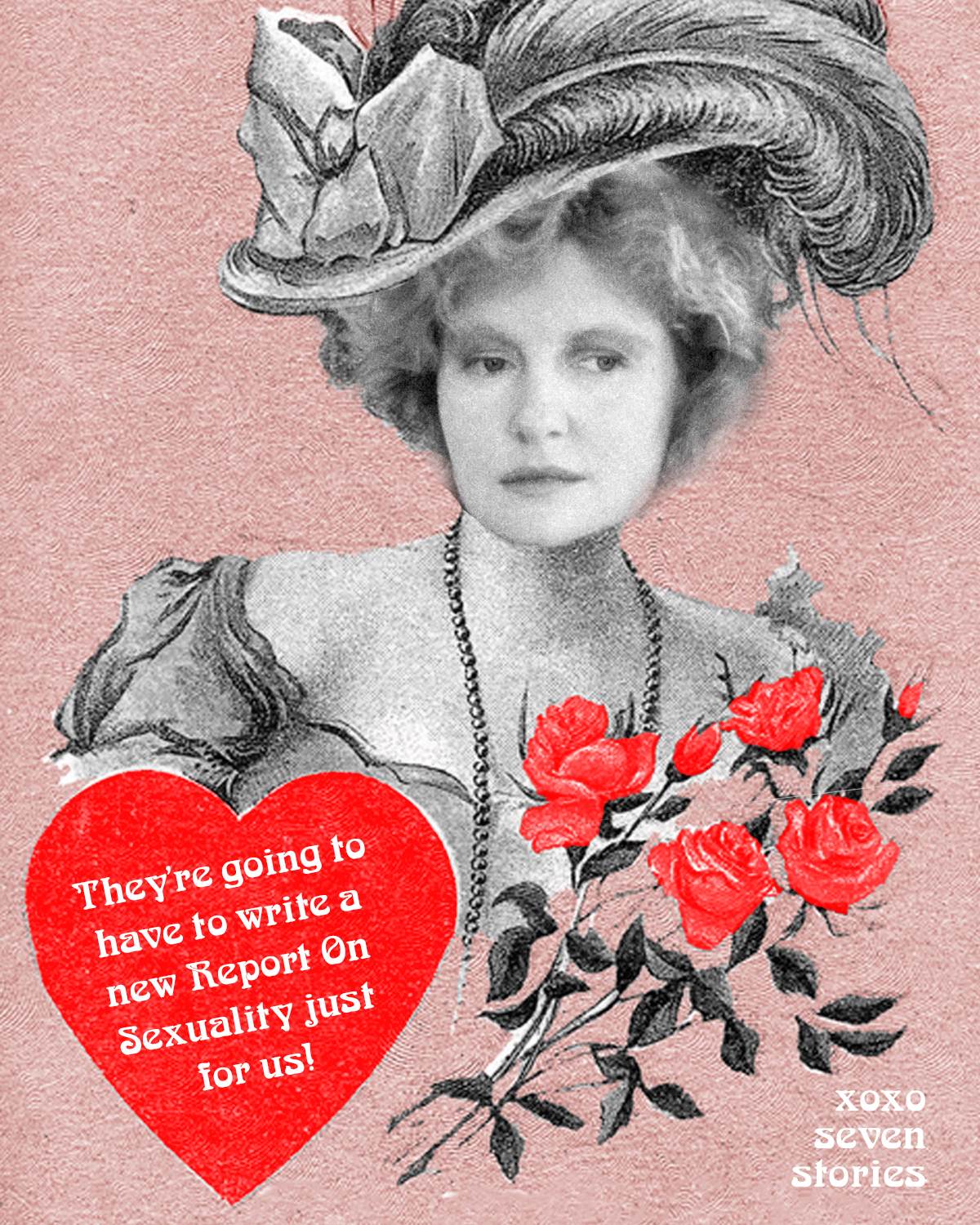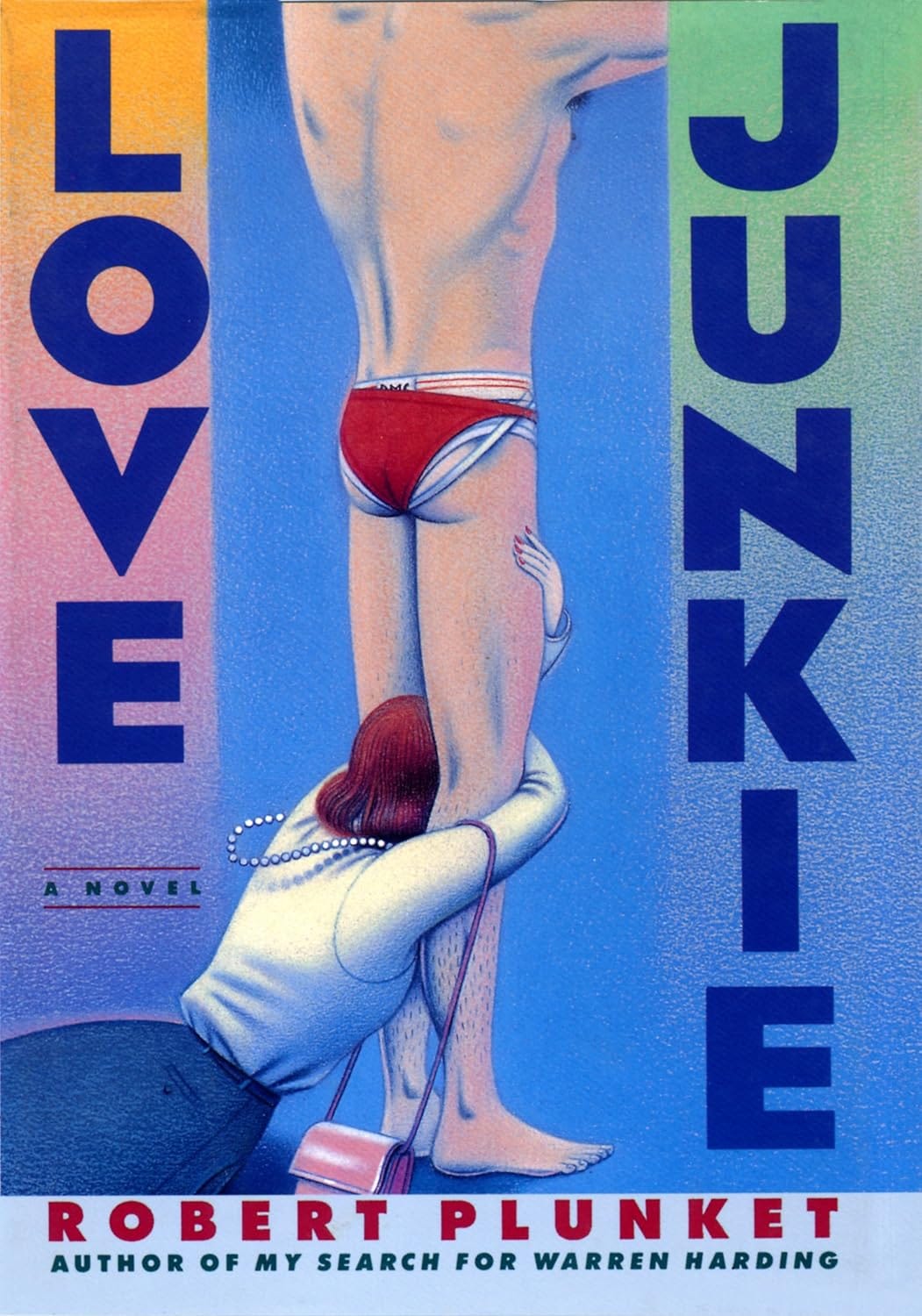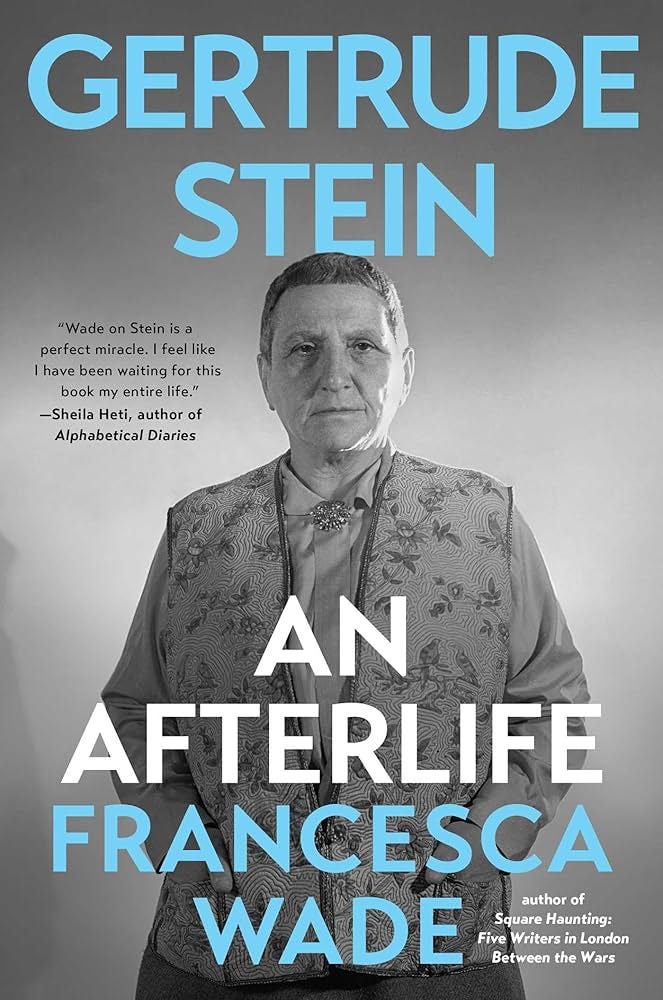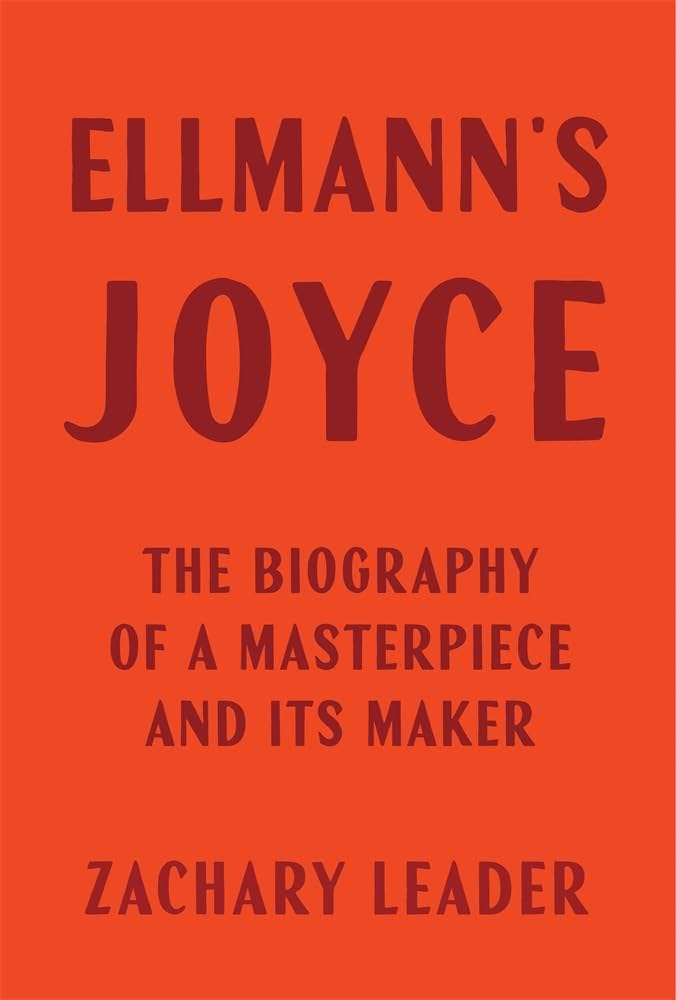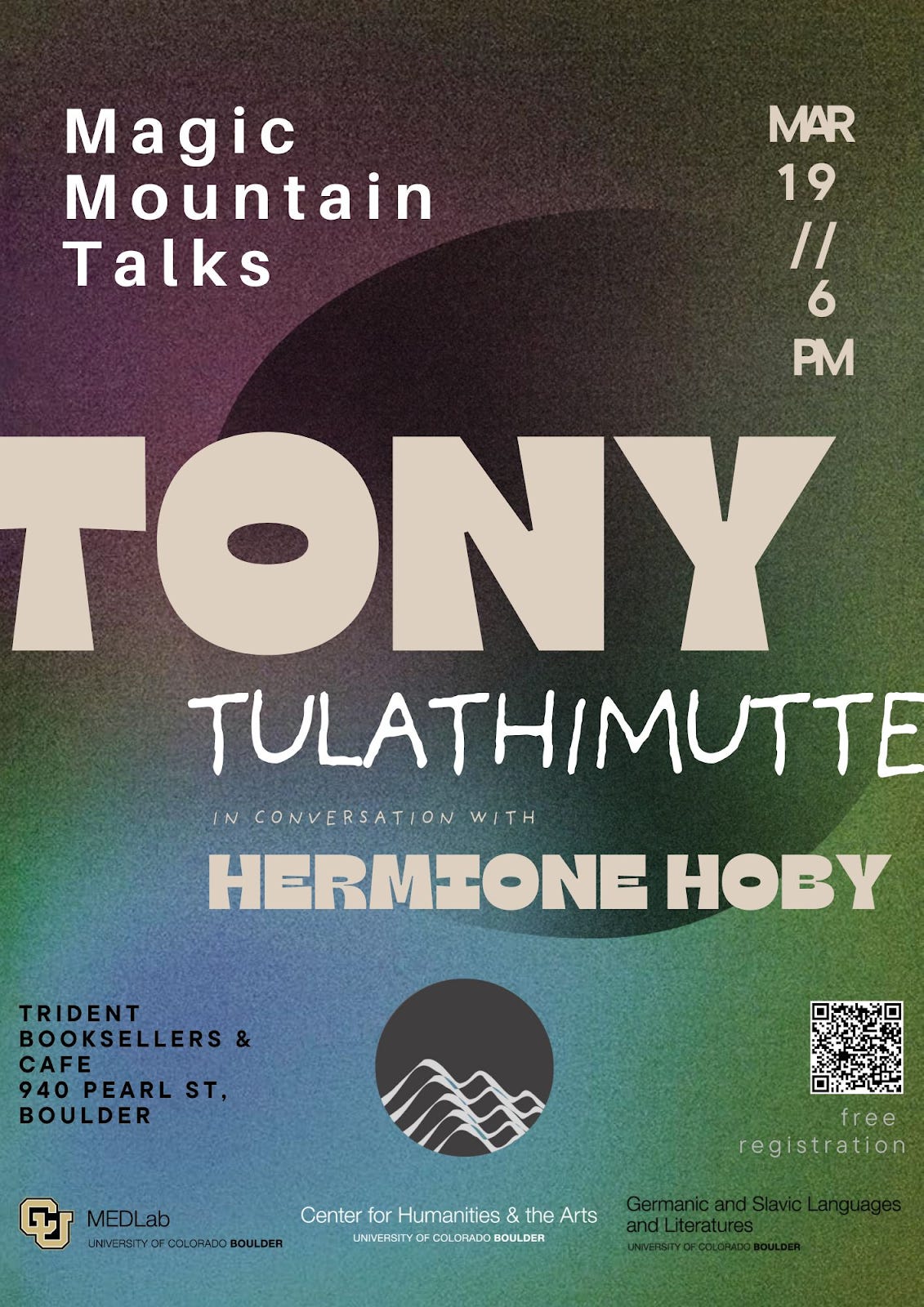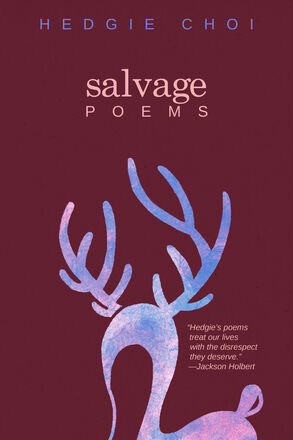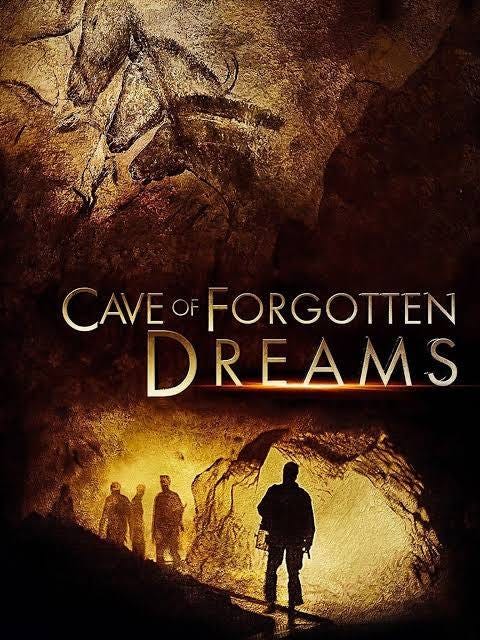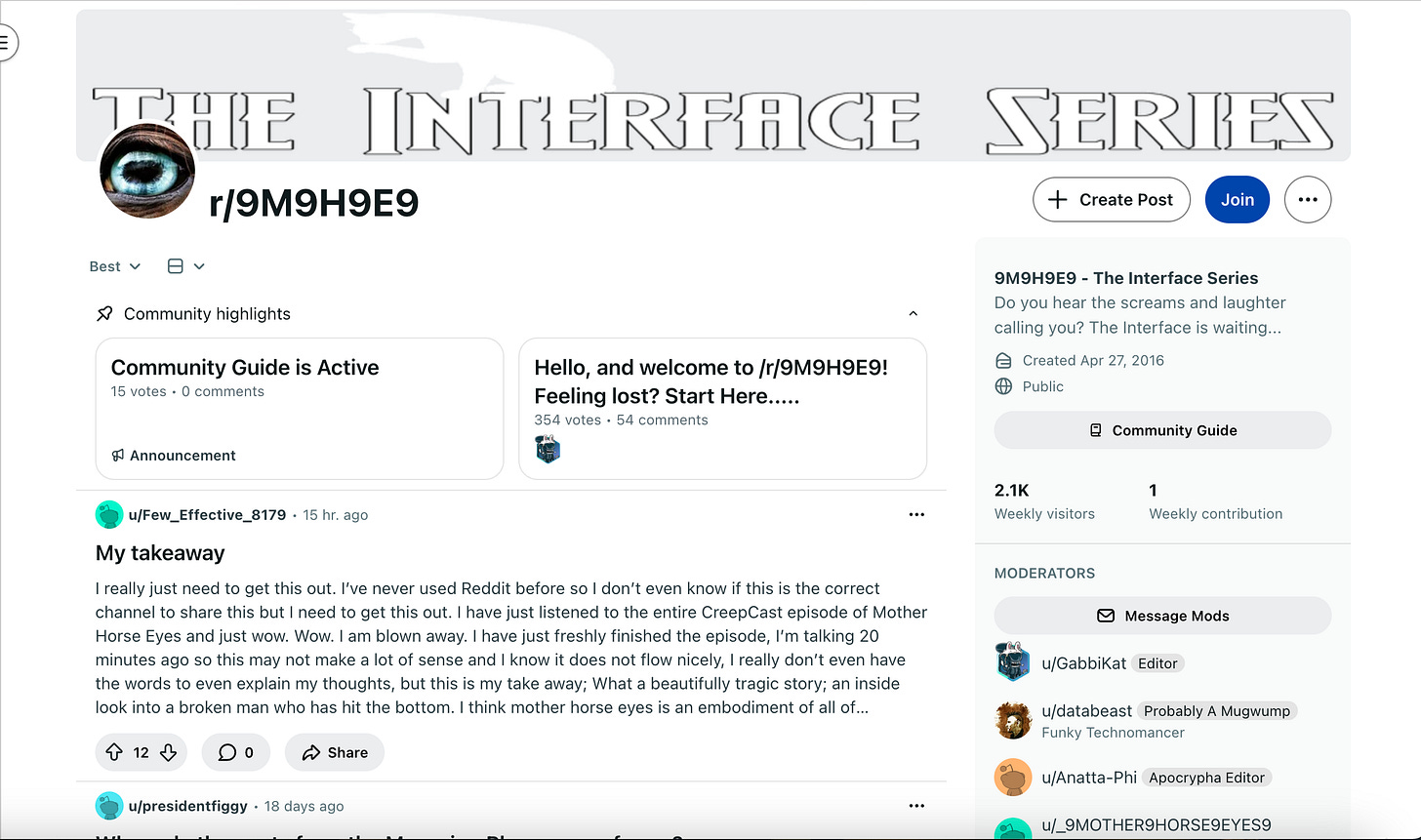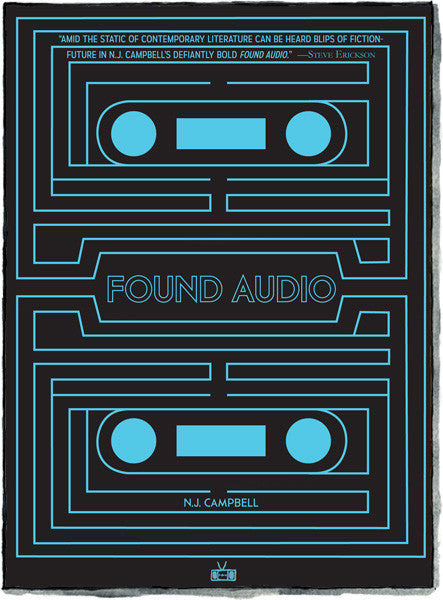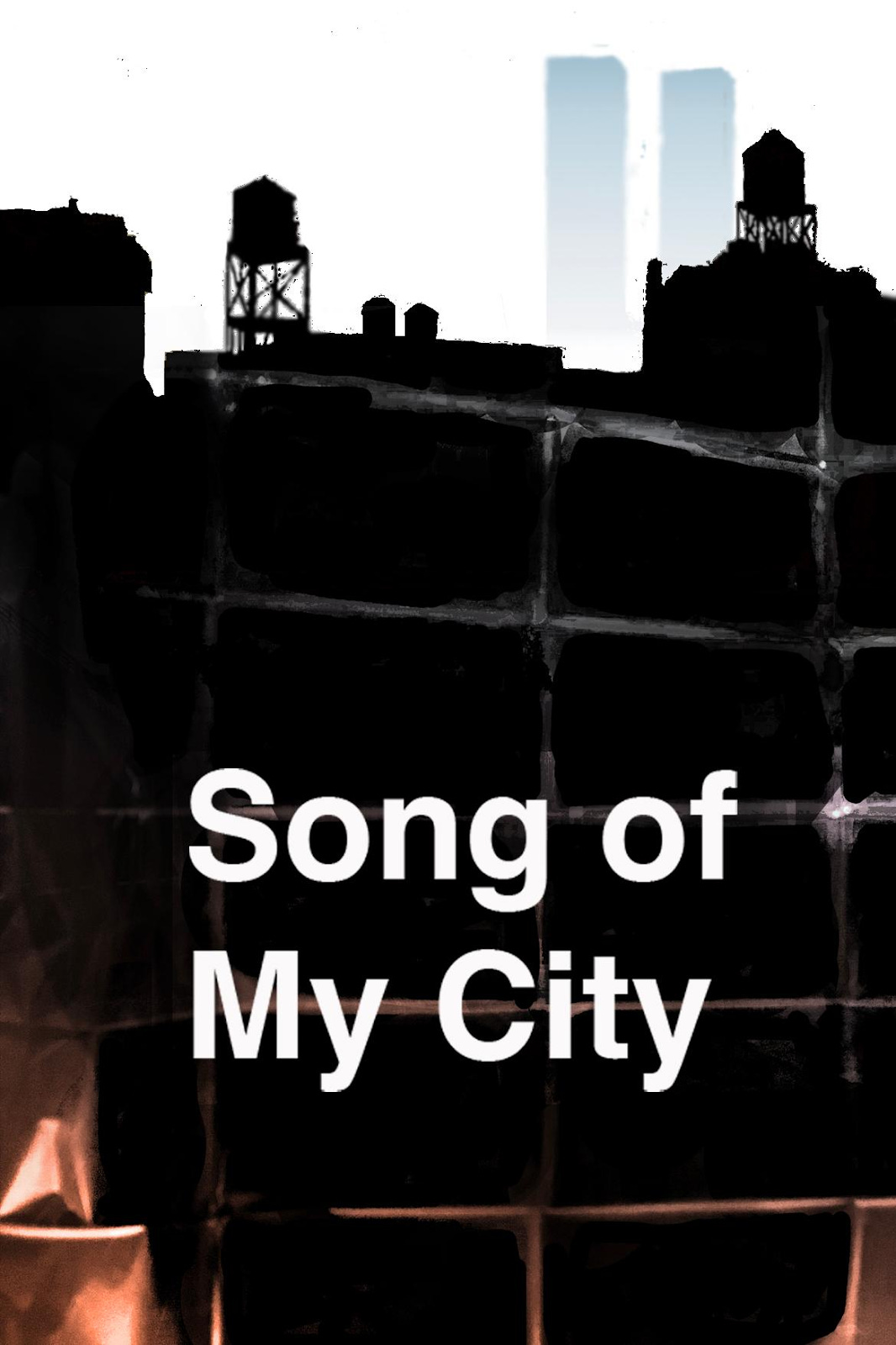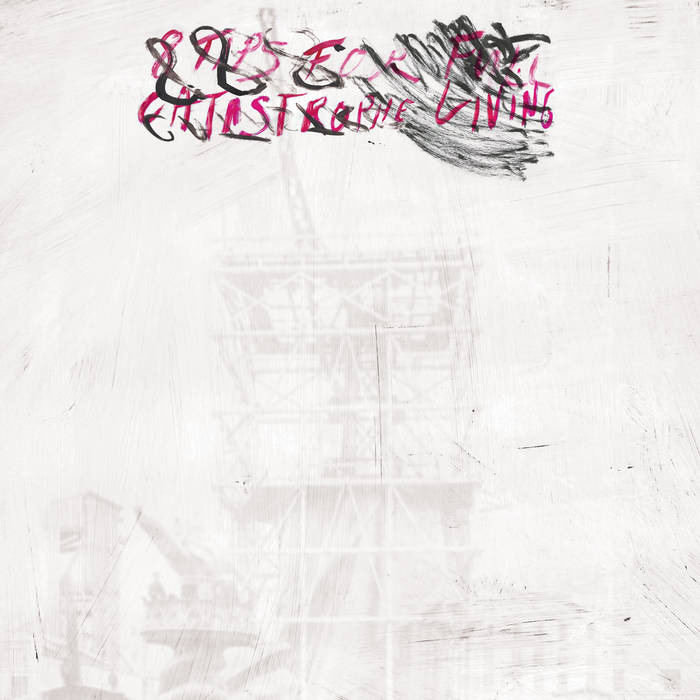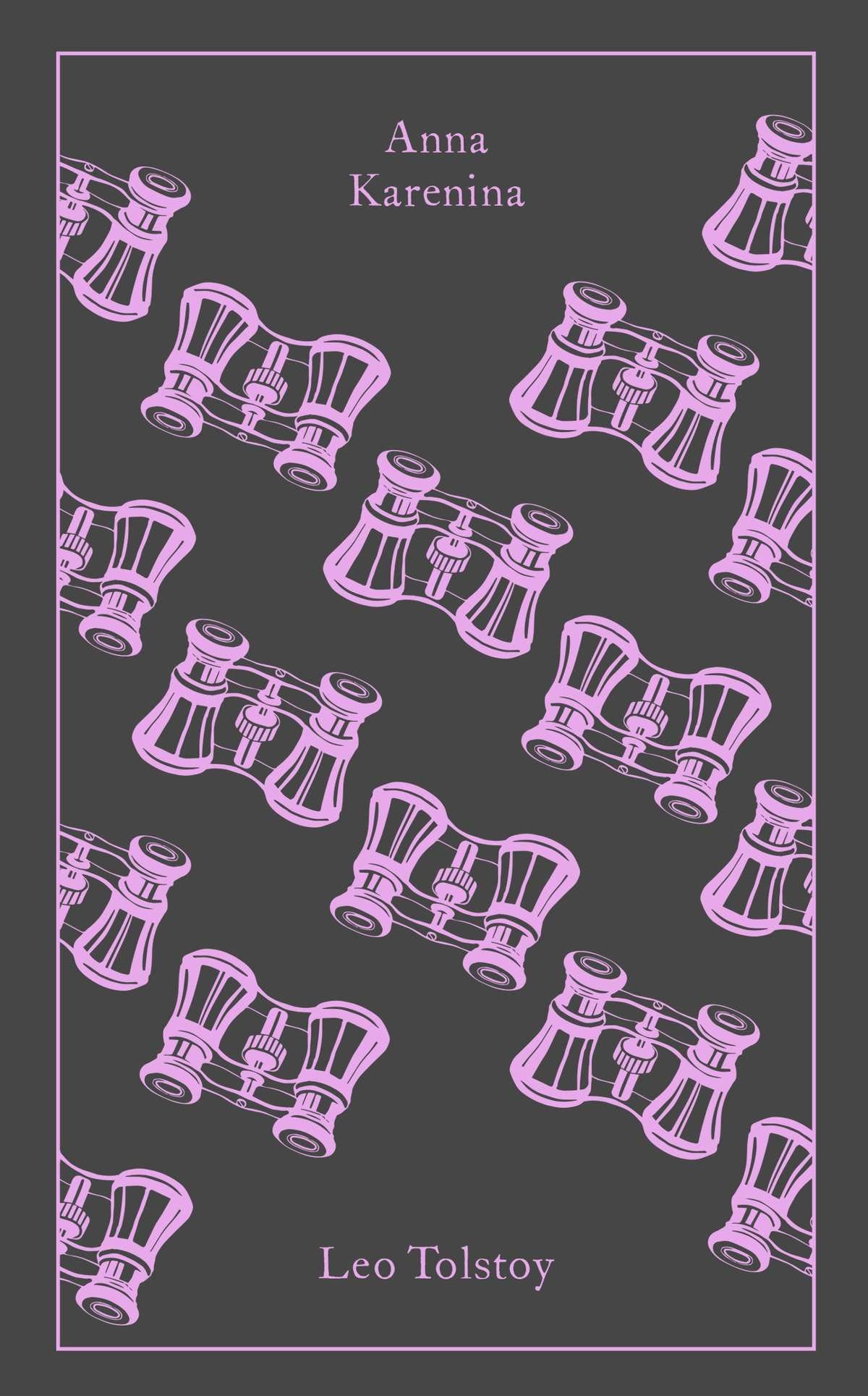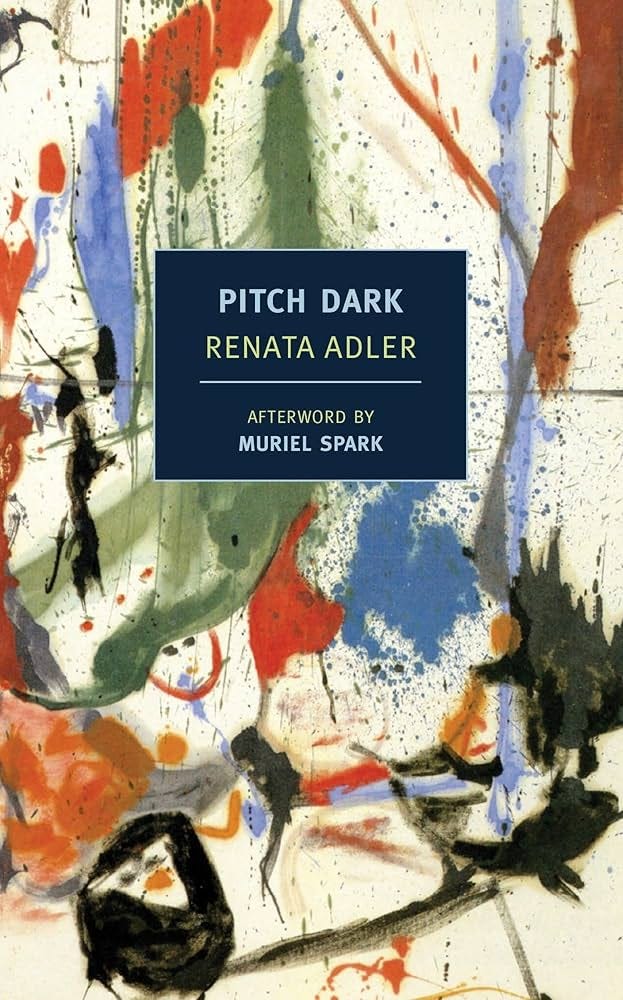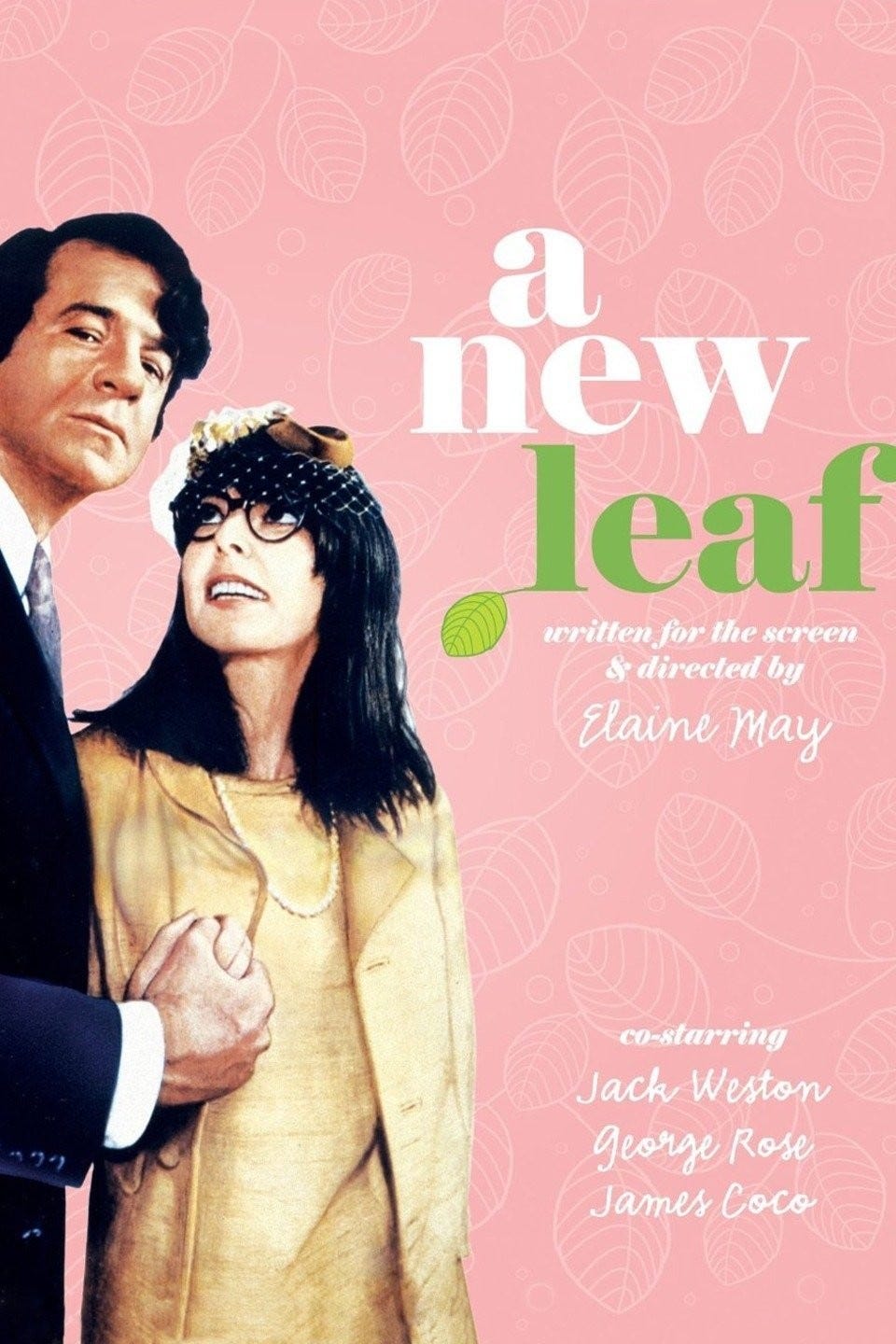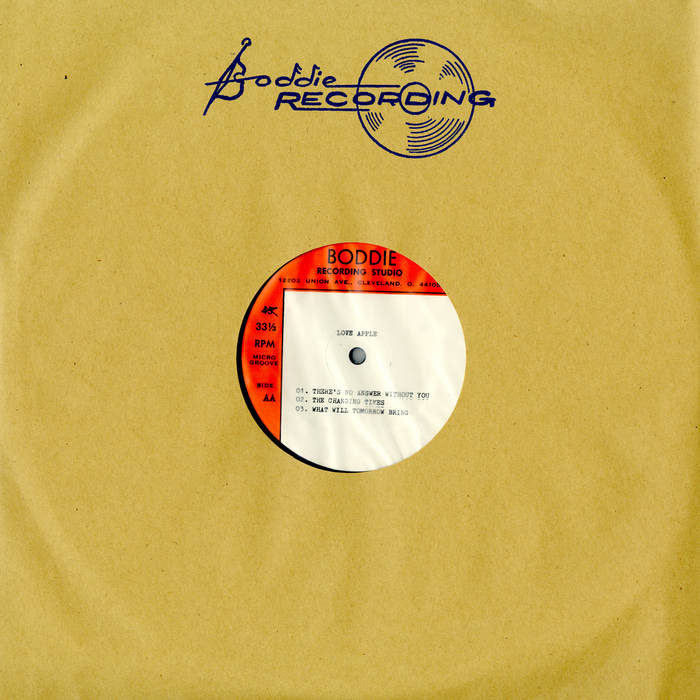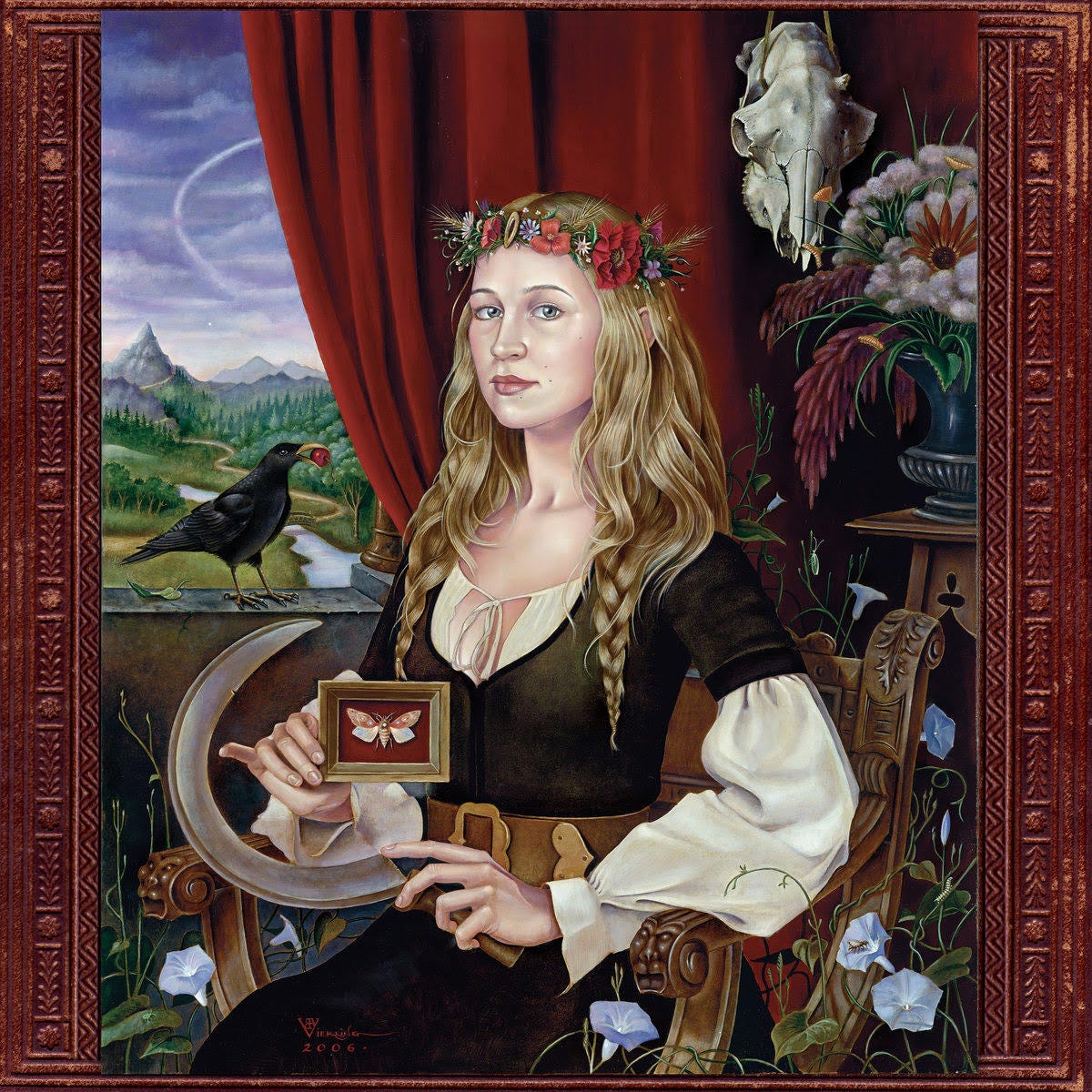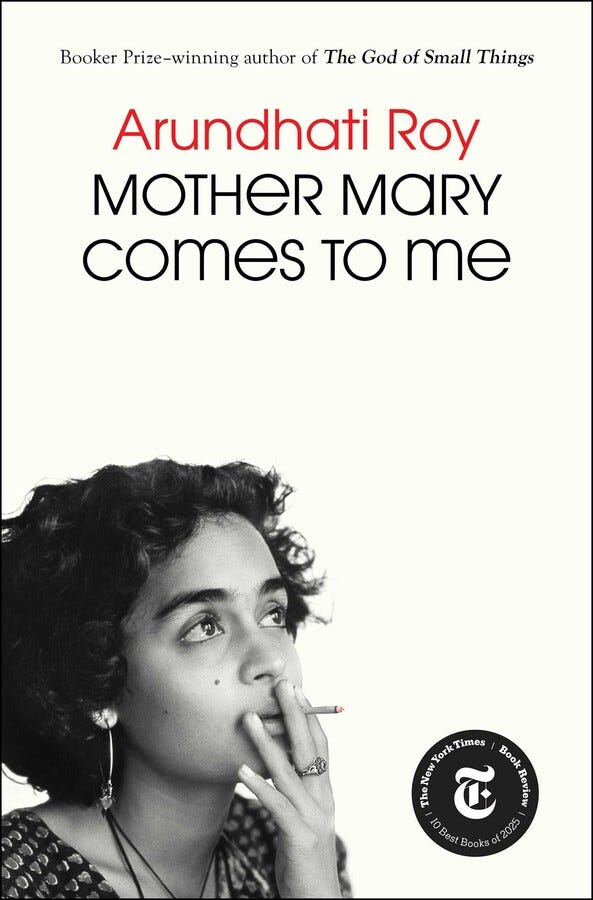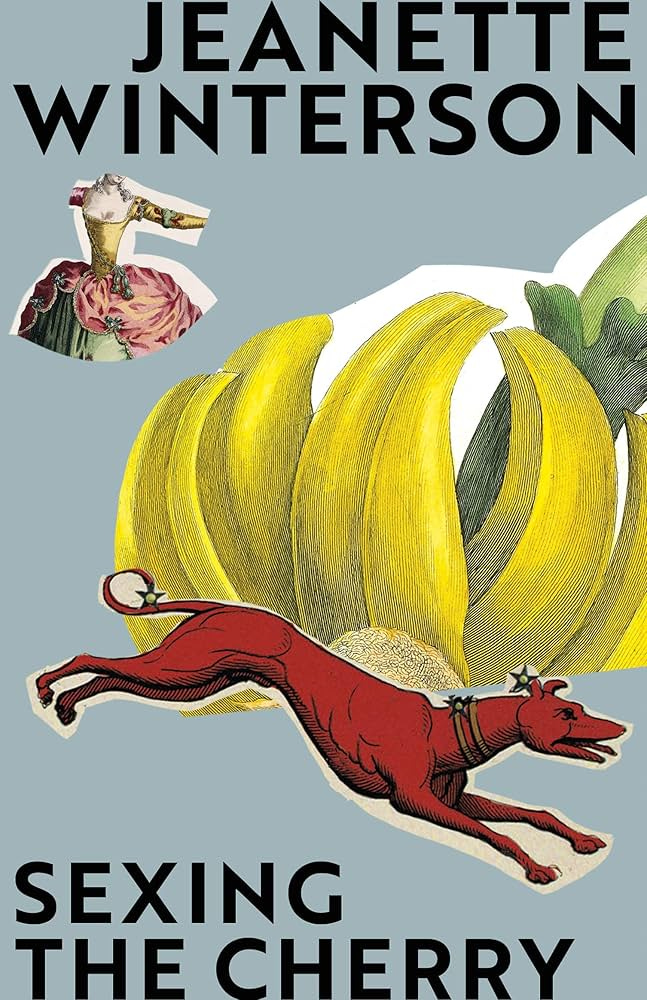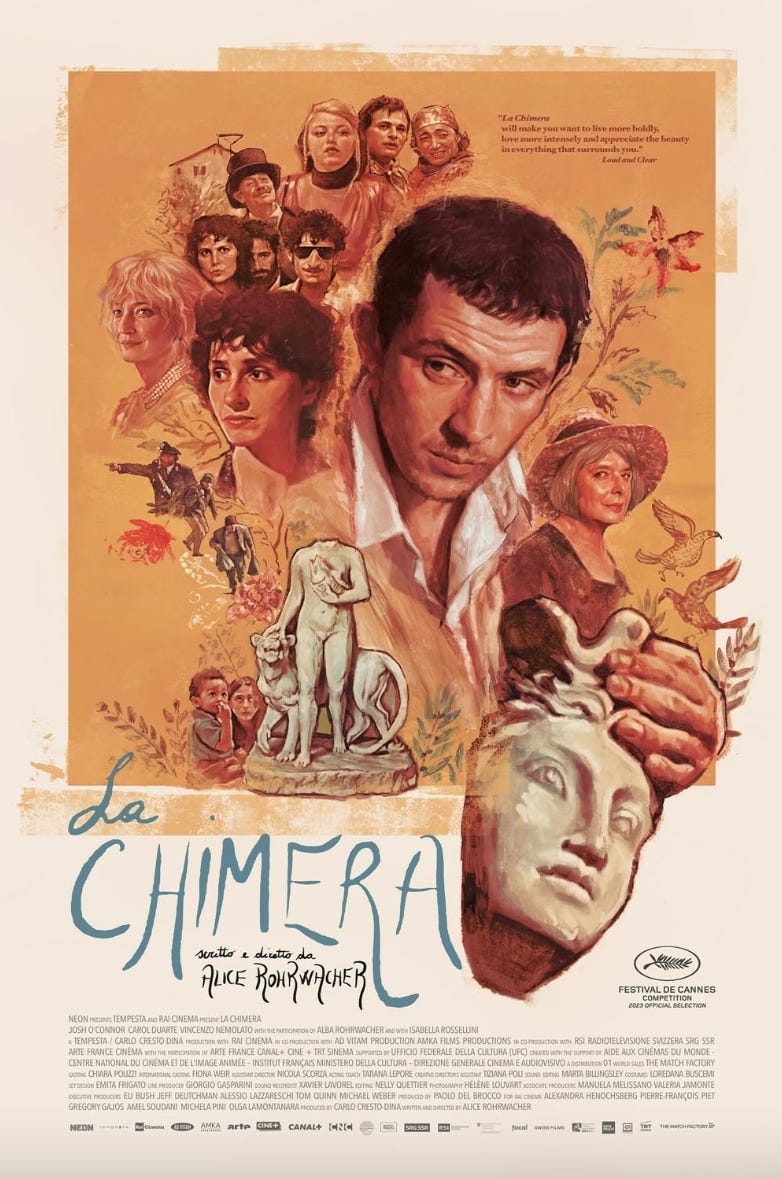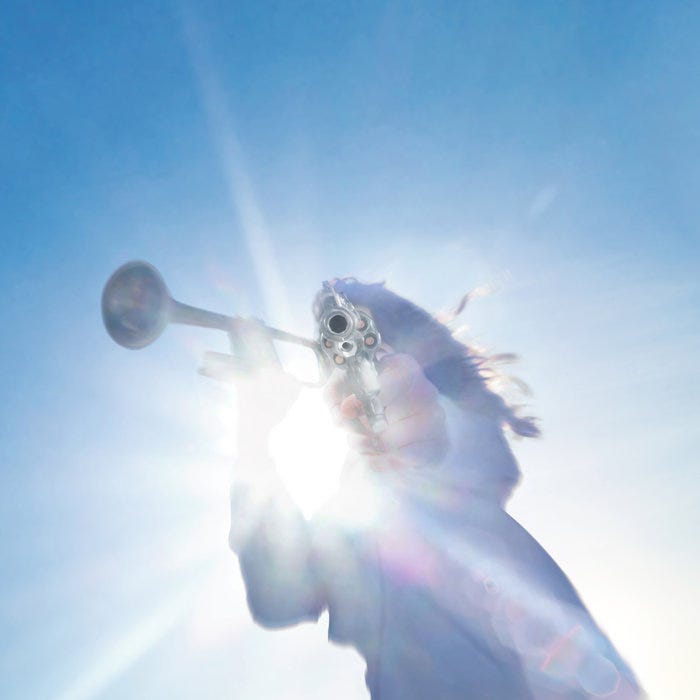 by Paul Krassner
by Paul Krassner
August 3rd, 2016 marked the 50th anniversary of groundbreaking comedian Lenny Bruce’s death from an overdose of morphine, while his New York obscenity conviction at Café Au Go Go was still on appeal. On that same day he received a foreclosure notice at his Los Angeles home.
But it wasn’t a suicide. In the kitchen, a kettle of water was still boiling, and in his office, the electric typewriter was still humming. He had stopped typing in mid-word: “Conspiracy to interfere with the 4th Amendment const”…constitutes what, I wondered.
Lenny was a subscriber to my satirical magazine, The Realist, and in 1959 we met for the first time at the funky Hotel America in Times Square. He was amazed that I got away with publishing those profane words for which other periodicals used asterisks or dashes. He had been using euphemisms like “frig” and asked, “Are you telling me this is legal to sell on the newsstands?”
I replied, “The Supreme Court's definition of obscenity is that it has to be material which appeals to your prurient interest.” He magically produced an unabridged dictionary from the suitcase on his bed, and looked up the word “pruient.” He closed the dictionary, clenching his jaw and nodding his head in affirmation of a new discovery. “So,” he observed, “it’s against the law to get you horny.”
When we were about to leave the room, he stood in the doorway. “Did you steal anything?” he asked furtively. I took my watch out of my pocket since I didn't like to wear it on my wrist, and without saying a word I placed it on the bureau. Lenny laughed one loud staccato “Ha” and kissed me on the forehead.
We developed a friendship integrated with stand-up comedy. In his act Lenny had broken through traditional stereotypical jokes about airplane food, nagging wives, Chinese drivers, annoying mothers-in-law. Instead he weaved his taboo-breaking targets—teachers' low salaries versus show-business celebs, religious leaders’ hypocrisy, cruel abortion laws, racial injustice, the double standard between illegal and prescription drugs—into stream-of-consciousness vignettes.
In each succeeding performance, he would sculpt and re-sculpt his concept into a theatrical context, experimenting from show to show like a verbal jazz musician. Audience laughter would sometimes turn into clapping for the creative process itself. “Please don't applaud,” he’d request. “It breaks my rhythm.”
Lenny was writing an autobiography—How to Talk Dirty and Influence People—which Playboy planned to serialize, then publish as a book, and they hired me as his editor. We met in Atlantic City, where he was taking Delaudid for lethargy, and he sent a telegram to a contact, with a phrase—DE LAWD IN DE SKY—as a code to send a doctor's prescription.
At a certain point he was acting paranoid and demanded that I take a lie-detector test, and I was paranoid enough to take him literally. I couldn't work with him if he didn't trust me. We got into an argument, and I left.
He sent a telegram that sounded like we were on the verge of divorce. “WHY CAN'T IT BE THE WAY IT USED TO BE?” he wrote. I agreed to try again, and in 1962 I flew to Chicago. Lenny was performing at the Gate of Horn, where he was asking the whole audience to take a lie-detector test.
Lenny was intrigued by the implications of an item in The Realist, an actual statement by Adolf Eichmann that he would have been “not only a scoundrel, but a despicable pig” if he hadn't carried out Hitler's orders. Lenny wrote a piece for The Realist, “Letter From a Soldier's Wife,” namely Mrs. Eichmann pleading for compassion to spare her husband's life.
Lenny had been reading a study of anti-Semitism by Jean-Paul Sartre. Now, on stage, giving credit to Thomas Merton's poem about the Holocaust, he requested that all the lights go off except one dim blue spot. Then he began speaking with a German accent:
My name is Adolf Eichmann. And the Jews came every day to what they thought would be fun in the showers. People say I should have been hung. Nein. Do you recognize the whore in the middle of you—that you would have done the same if you were there yourselves? My defense: I was a soldier. I saw the end of a conscientious day's effort. I watched through the portholes. I saw every Jew burned and turned into soap.
Do you people think yourselves better because you burned your enemies at long distance with missiles without ever seeing what you had done to them? Hiroshima auf Wiedersehen. [German accent ends.] If we would have lost the war, they would have strung Truman up by the balls, Jim. Are you kidding with that? Not what kid told kid told kid. They would just schlep out all those Japanese mutants. “Here they did; there they are.” And Truman said they'd do it again. That's what they should have the same day as Remember Pearl Harbor. Play them in unison.
Lenny was arrested for obscenity that night. One of the items in the Chicago police report complained: “Then talking about the war he stated, ‘If we would have lost the war, they would have strung Truman up by the balls.’” The cops also broke open Lenny's candy bars, looking for drugs. They checked the IDs of audience members, including George Carlin, who told the cops, “I don’t believe in IDs.” Then they arrested him for disorderly conduct, dragged him along by the seat of his pants and hoisted him into the police wagon.
“What are you doing here?” Lenny asked.
“I didn’t want to show them my ID.”
“You schmuck.”
Lenny was released on bail, but the head of the Vice Squad warned the Gate of Horn manager: “If this man ever uses a four-letter word in this club again, I'm going to pinch you and everyone in here. If he ever speaks against religion, I'm going to pinch you and everyone in here. Do you understand? You've had good people here. But he mocks the pope—and I'm speaking as a Catholic—I'm here to tell you your license is in danger. We're going to have someone here watching every show.”
And indeed, the Gate of Horn's liquor license was suspended. There were no previous allegations against the club, and the current charge involved neither violence nor drunken behavior. The only charge pressed by the city prosecutor was Lenny Bruce's allegedly obscene performance. Nobody’s prurience was aroused, but that made no difference. After all, there wasn’t any law against blasphemy.
“Chicago is so corrupt, it’s thrilling,” Lenny said.
Chicago had the largest membership in the Roman Catholic Church of any archdiocese in the country. Lenny's jury consisted entirely of Catholics. The judge was Catholic. The prosecutor and his assistant were Catholic. On Ash Wednesday, the judge removed the spot of ash from his forehead and told the bailiff to instruct the others to do likewise. The sight of a judge, two prosecutors and twelve jurors, every one with a spot of ash on their foreheads, would have all the surrealistic flavor of a Lenny Bruce fantasy.
Since he often talked on stage about his environment, and since police cars and courtrooms had become his environment, the content of Lenny's performances began to revolve more and more around the inequities of the legal system. “In the Halls of Justice,” he declared, “the only justice is in the halls.” But he also said, “I love the law.” Instead of an unabridged dictionary, he now carried law books in his suitcase. His room was cluttered with tapes and transcripts and photostats and law journals and legal briefs.
Once he was teasing his ten-year-old daughter, Kitty, by pretending not to believe what she was telling him. “Daddy,” she said, “you'd believe me if it was on tape.”
Lenny's jazz jargon was gradually being replaced by legal jargon. He had become intimate not only with the statutes concerning obscenity and narcotics but also with courtroom procedure, and his knowledge would be woven into his performances. But as clubs became increasingly afraid to hire him, he devoted more and more time and energy to the law.
In less than two years, Lenny was arrested 15 times. Club owners were afraid to book him. He couldn’t get a gig in six months. On a Christmas day, he was alone in his hotel room, and I brought him a $500 bill. With a large safety pin, he attached it to his denim jacket. When he finally got a booking in Monterey, he admitted, “I feel like it's taking me away from my work.”
Lenny lived way up in the hills. His house was protected by barbed wire and a concrete gate, except that it was always open. He had a wall-to-wall one-way mirror in his living room, but when the sun was shining you could see into the room instead of out. He was occasionally hassled by police on his own property. One evening in October 1963, we were talking while he was shaving, when four officers suddenly appeared, loud and obnoxious. He asked them to leave unless they had a search warrant.
One of the cops took out his gun. “Here's my search warrant,” he said. Then Lenny and the cops had a discussion about the law, such as the rules of evidence, and after half an hour they left. Lenny tried to take it all in stride, but the encounter was depressing, and he changed his mind about going out that night.
When everything was quiet, we went outside and stood at the edge of his unused swimming pool. Dead leaves floated in the water. Lenny cupped his hands to his mouth. “All right, you dogs,” he called out. “Bark for the rich man!”—thereby setting off a chain reaction of barking dogs, a canine chorus echoing through Hollywood Hills.
We ordered some pizza, and he played some old tapes, ranging from a faith healer to patriotic World War II songs. “Good-bye, Mama, I'm off to Yokohama, the Land of Yama-Yama…”
Back at the Café Au Go Go arrest in New York, Lenny had told a fantasy tale about Eleanor Roosevelt, quoting her, “I've got the nicest tits that have ever been in this White House…” The top of the police complaint was “Eleanor Roosevelt and her display of tits.” At the trial, Lenny acted as his own attorney. He had obtained the legislative history of an Albany statute, and he discovered that back in 1931 there was an amendment proposed, which excluded from arrest in an indecent performance: stagehands, spectators, musicians, and—here was the fulcrum of his defense—actors. The law had been misapplied to him. Despite opposition by the New York Society for the Suppression of Vice, the amendment was finally signed into law by then-Governor Roosevelt, but to no avail.
“Ignoring the mandate of Franklin D. Roosevelt,” Lenny observed, “is a great deal more offensive than saying Eleanor has lovely nay-nays.”
On October 13, 1965 (Lenny's 40th birthday), instead of surrendering to the authorities in New York, he filed suit at the U.S. District Court in San Francisco to keep out of prison, and he got himself officially declared a pauper. Two months before his death in 1966, Lenny wrote to me: “I'm still working on the bust of the government of New York State.” And he included his doodle of Christ nailed to a crucifix, with a speech balloon asking, “Where the hell is the ACLU?
After he died, at a séance, his mother brought his old faded denim jacket. That large safety pin was still attached to it. And at the funeral, his sound engineer friend dropped Lenny's microphone into his grave before the dirt was piled on. Lenny's problem had been that he wanted to talk on stage with the same freedom that he had in his living room. That problem doesn’t happen to stand-up comedians any more.
As for me, I’m working on my long awaited (by me) first novel. It’s about a contemporary Lenny Bruce-type satirist. Those scenes where my protagonist performs, I’ve developed onstage myself, although at times it felt like I was actually channeling Lenny, until the day that he said, “C’mon, Paul, you know you don't believe in that shit.” Well, that ended that wishful-thinking delusion.
I told my friend Avery Corman—author of Oh, God and Kramer vs. Kramer—how I welcomed the challenge of writing fiction.
“But, you know,” I added, “it’s really hard to write. You have to make everything up.”
And he said, “Hey, listen, you’ve been making stuff up all your life.”
“Yeah, but that was journalism.”
Lenny would’ve liked this: When George Bush was elected president of the United States in 2000, it was due to the electoral college, even though his opponent Al Gore won the national popular vote.
Hillary Clinton was elected senator that year, and she announced that the first thing she would do was to get rid of the electoral college.
A few years later, as a columnist for the New York Press, I sent her a letter asking about the status of that promise. She didn’t reply.
On November 8, 2016, a crooked businessman, liar extraordinaire, bragging pussy-grabber, make-America-white-again, anti-abortion, anti-Semite, fake Christian, the rapist of a 13-year-old girl in 1994 at a pedophile party (she canceled a press conference one week before the election because of death threats if she filed a lawsuit), climate-change hoaxer, twitter addict, homophobic, apprentice politician, fucking fascist, and of course Vladimir Putin’s “useful idiot,” namely Donald Trump, who was elected as an insanely narcissistic dictator due to the electoral college (a rigged system), even though his opponent Hillary Clinton won the national popular vote.
Irony lives . . .
Paul Krassner’s latest book is an updated edition of his autobiography, Confessions of a Raving, Unconfined Nut, available at paulkrassner.com.



